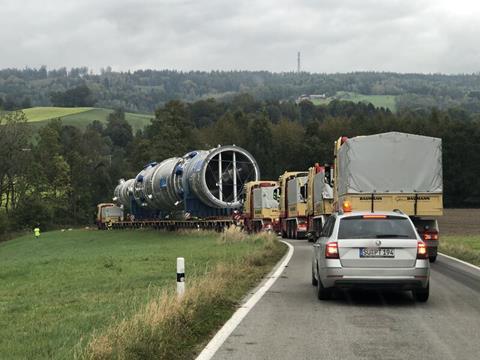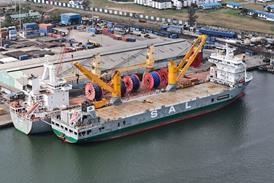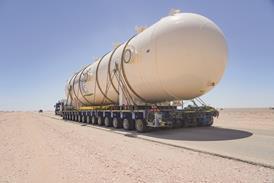ESTA’s long-standing proposals for reform and harmonisation of the rules governing heavy transport and abnormal loads throughout the European Union (EU) are currently before the Transport and Tourism Committee, with a vote scheduled for February 14.

The proposals include the Europe-wide adoption of Special European Registration for Trucks and Trailers (SERT) documentation for abnormal load vehicle registration. This is intended to reduce the paperwork and bureaucracy faced by the industry. It formed part of the European best practice guidelines for abnormal road transport, first published in a European Commission Transport Directive back in 2005 but only adopted by a small number of member states.
Other proposals currently tabled for adoption by the committee are: a ‘one stop shop’ per country for permits; standardised permit application forms; use of electronic permits; harmonisation of escorting rules and vehicle markings; a ban on language requirements for drivers; permitting systems to be available in all EU languages.
The proposals are contained in amendments to the EU’s Weights and Dimensions Directive that is currently being revised. This sets the maximum authorised dimensions of heavy-duty vehicles (HDVs) used in national and international commercial transport and the maximum authorised weights of HDVs used in international commercial transport.
The newly revised directive will also require EU member states to have a single access point for all information regarding national maximum authorised dimensions and weights of vehicles, as well as any restrictions, including on height, in specified areas or on specific roads. It also commits the European Commission (EC) to establish a web portal which will contain all the above information about heavy and abnormal transport regulations, along with details of routes that can be used by vehicles transporting indivisible loads.
ESTA director Ton Klijn said: “There is a long way to go yet before our proposals are adopted – but our arguments and our industry are being taken more seriously than at any time in the recent past.”
He said that the association is cautiously optimistic that there is broad agreement in the committee concerning the regulations on indivisible loads. “But after that, however, the proposals go into a process of consultation between the European Council, parliament and commission, so there is a lot of work still to do.”
ESTA is therefore asking its members to lobby their own national representatives to ensure that they are fully aware of the issues and have all the information they need to support its proposals. “With one final push, and a little luck, we could achieve something that will have huge benefits for our industry and our clients,” Klijn said.
















